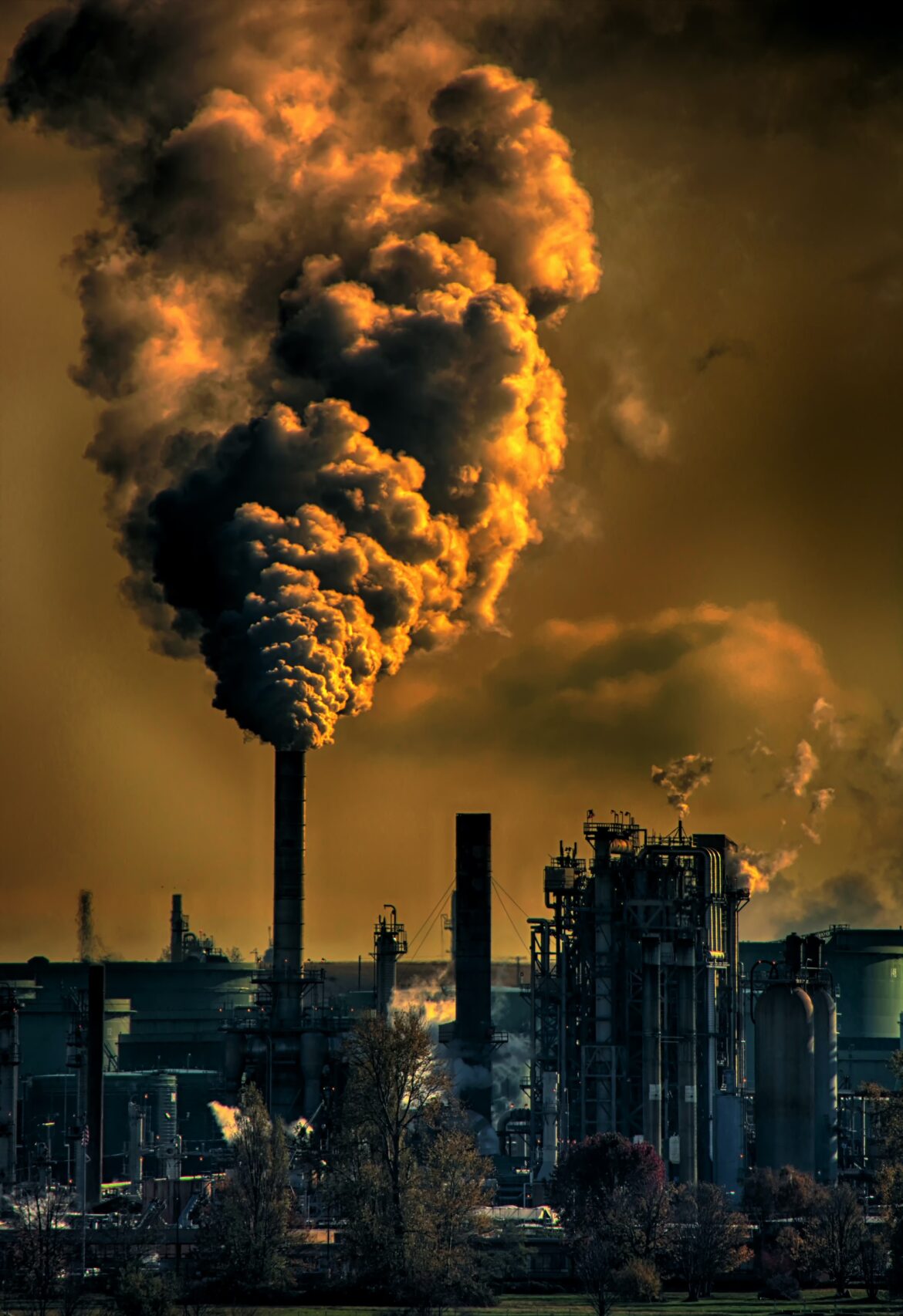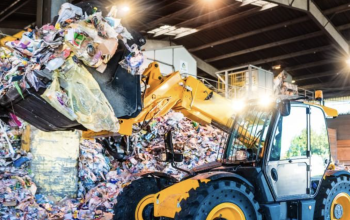Senior business leader Marcel Kooter has extensive experience of developing commercial strategies for businesses operating in the oil industry. He is also a strong advocate for the energy transition from fossil fuels to renewables, helping companies to define new strategies around decarbonization operations at competitive cost.
As detailed in a recent article published by Forbes, oil and gas companies are increasingly turning to AI in the fight to reduce carbon emissions and stem global warming.
For oil and gas companies to survive in the latter half of the 21st century, it is crucial for them to find ways to drastically reduce their output of carbon dioxide and other greenhouse gases, if not eliminate them completely. Many industry experts believe that artificial intelligence could play a role in helping the energy industry to achieve this critical goal.
According to a 2020 report published by the US National Oceanic and Atmospheric Administration, levels of CO2, which are mostly created by burning fossil fuels, rose to around 410 parts per million in 2019, representing the highest level recorded on earth to date.
Forbes went on to say that oil and gas companies, particularly the international giants, are coming under increasing pressure to reduce their carbon footprints in line with the goal of keeping global warming beneath 1.5 degrees Celsius compared with pre-industrial levels, as set out in the Paris Agreement. Most major energy companies have set carbon-reduction targets, with Royal Dutch Shell and BP vowing to achieve net zero carbon emissions by 2050.
Harnessing vast volumes of data from divergent sources to find effective solutions to problems, AI shows potential to not only increase global productivity but also at the same time lower emissions of carbon and other greenhouse gases, according to a recent report from Microsoft in association with PWC. The report suggests that using AI for environmental applications could boost the global GDP by up to 4.4% while simultaneously lowering global greenhouse gas emissions by up to 4% by 2030.
Forbes also shared a quote from Darryl Willis, Microsoft’s Corporate Vice President of Energy, who indicated that AI technologies could help to optimize energy management by using digital twins to better monitor and distribute energy resources and provide predictive forecasting. AI technologies could also be used to create visual simulations, reduce operational costs, improve decision-making, and manage and extend the life cycles of physical assets.
A growing body of industry experts believe that the key to the oil and energy industry achieving net zero lies in AI technology, leveraging the power of big data, the internet of things and other emerging technologies to support waste reduction and allowing for more economical and sustainable use of natural resources.




